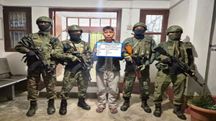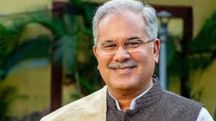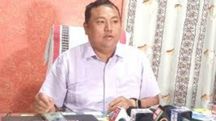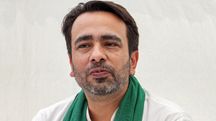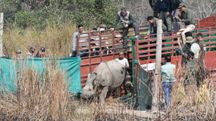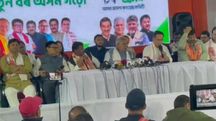Veteran Myanmar democracy activist, Min Ko Naing, said: "Please welcome the people's government."
A second post named the heads of 15 senior posts in the national unity administration with the country's deposed president, U Win Myint, and detained opposition leader Aung San Suu Kyi retaining their pre-coup posts.
It also named heads of various ministries in opposition, from defence and home affairs (interior ministry) to a "ministry of international cooperation".
In his address, Min Ko Naing said the will of the people was the unity government's priority, while acknowledging the scale of the task at hand.
"We're trying to get this out from the roots so we have to sacrifice a lot," he said, referring to the junta.
The February 1 coup saw Suu Kyi and her National League for Democracy (NLD) deposed and the military junta assuming power.
The generals justified their takeover by accusing Aung San Suu Kyi's party, the National League for Democracy (NLD), of voter fraud in the November election
Myanmar has 133 officially recognised minority ethnic groups – as well as other groups, such as the Rohingyas, that are not officially recognised. For many ethnic minorities, Suu Kyi's administration has been more foe than friend.
While the politicians were announcing the unity government, other opponents of a military rule observed a "silent strike" staying home to mourn those killed.
Two prominent protest organizers were arrested on Thursday along with an actor and singer, both known for speaking out against the coup.
In another show of defiance, a previously unknown group called the Ayeyarwaddy Federal Army said on Facebook it aimed to fight the military to restore an elected government and protect the people and it called for volunteers.
The turmoil has alarmed Myanmar's neighbours in Southeast Asia, who have been trying to encourage talks between the rival sides.
Southeast Asian leaders will meet in Indonesia on April 24 to discuss the situation, Thai and Indonesian media reported.

